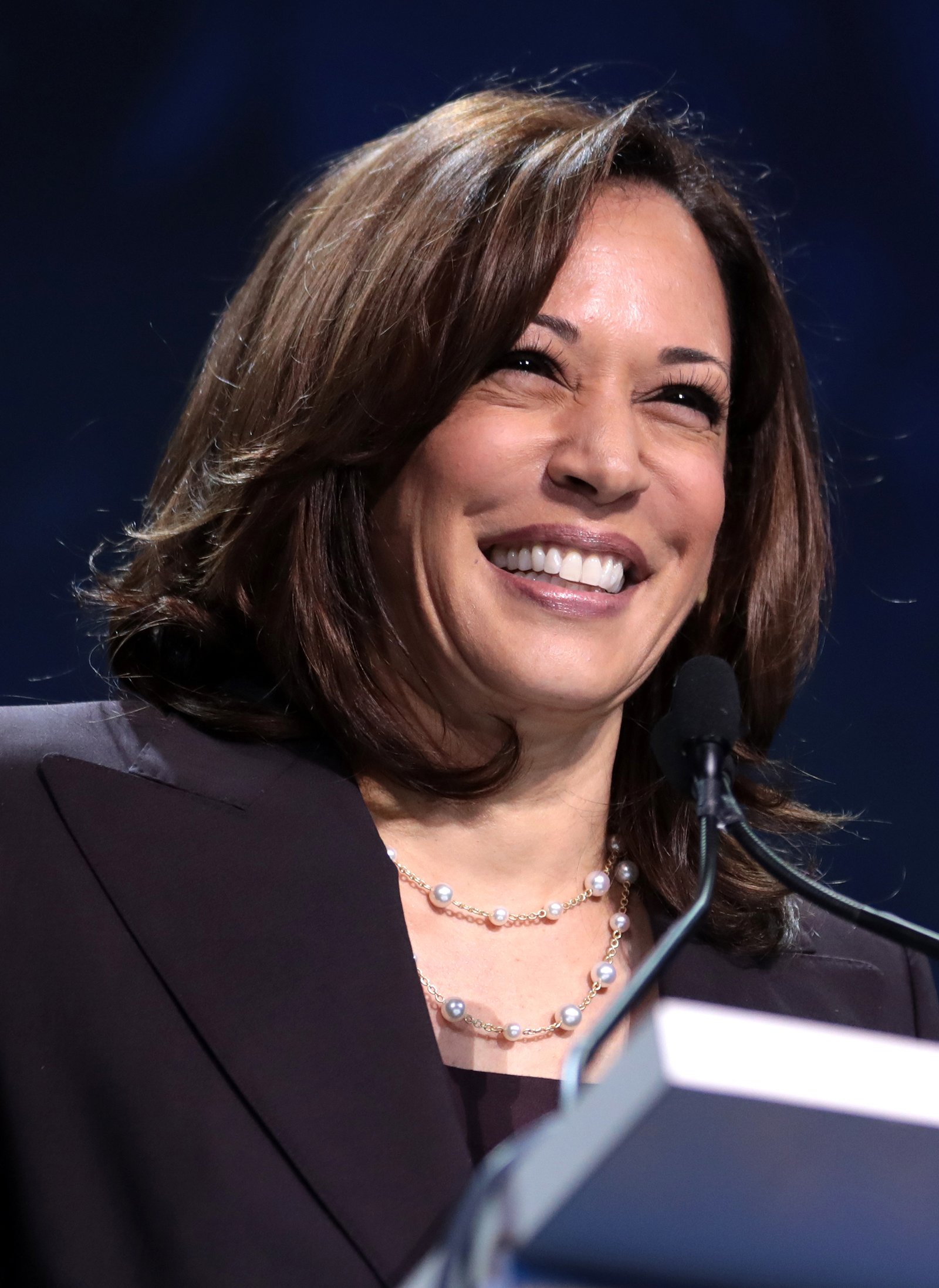Sue Gray resigns as Chief of Staff to PM Sir Keir Starmer, citing distraction from government work. She’ll take on a new role as envoy for nations and regions.
Sue Gray’s Resignation Highlights Salary Controversy and Allegations of Donations
Her resignation served as a reminder of the criticism surrounding her salary, which was even higher than Starmer’s, and the allegations of donations received from Lord Waheed Alli. News of her resignation emerged after the BBC unveiled her salary, which began stirring up a hornet’s nest with concerns about the fairness that was sweeping the ranks of the government advisers, some of whom were expected to receive pay cuts.
Gray said in a resignation statement that it was an “immense privilege” to have been able to contribute toward Labour’s efforts in opposition and later in government. However, she concluded that she could no longer allow her position to become a distraction for the government, which had endured intense scrutiny recently and decided to step aside to enable the government to pursue its objectives without her role becoming a distraction.
How did Keir Starmer become a Sir?
Keir Starmer was awarded a knighthood in 2014 for his contributions to law and criminal justice, recognizing his work as a senior barrister before his political career. Since then, he has been known as Sir Keir Starmer.
Keir Starmer sir applauded Gray’s service and stated she was glad to stay in another role. Many government officials supported her decision to step down, with Angela Rayner, deputy prime minister in favour of Gray, resisting some tough treatment from the media. She said, “She is being unfairly criticised without the opportunity to defend herself.”
Gray had skipped the recently concluded Labour Party conference, and her absence was telling. Then, there was growing government tension, partly owing to inner fighting and dissatisfaction with communication policy. Supporters said Gray’s career as an administrative service officer made it easy for her to get into and out of some tricky political maneuvers, but some insiders said it was partly because she was perceived as being outside the Labour family by certain factions.
Gray’s resignation thus prompted Starmer to shake up his team as he promoted McSweeney and other new staff members in the new communication staff, including James Lyons. It was a product of Starmer’s plan to re-strengthen the internal dynamics of his government’s communication approach.
Experts and former colleagues comment on Gray’s resignation that it made sense for Gray to resign once she became too much at the centre of controversy. According to them, effective leadership in the government is what will bring them back to the mainstream of politics.
FAQs
1. Why did Sue Gray resign?
It was because the government was not doing its job due to her.
She would serve as an envoy of the prime minister for nations and regions.
2. Who replaces Sue Gray?
Morgan McSweeney will act as Chief of Staff.
3. What controversy does Sue Gray get embroiled in?
Gray had been attacked on her salary as well as on her connections with donations from Lord Ali.
4. What was the response of Keir Starmer upon resignation?
Starmer thanked Gray for her service and was happy that she would remain in a different position.
5. What changes did Starmer make in his team?
Starmer reorganized his team, promoting McSweeney and bringing in additional communications personnel.
6. What is Sue Gray up to?
Sue Gray is now an envoy for the prime minister for nations and regions.
7. How was Keir Starmer knighted?
Keir Starmer was awarded a knighthood in 2014 for his contributions to law and criminal justice, recognizing his work as a senior barrister before his political career.
Conclusion
Sue Gray Resignation Points to Political Leadership Challenge. The resignation of Sue Gray highlights political leadership challenges. Here, it stands as a vehicle for focusing attention on the government’s work rather than continuing with personal controversies against Labour. As changes take over this party, the efficiency of Starmer will be under review, especially within the fresh appointments that are being formed to better the flow of communication and teamwork in the government.



